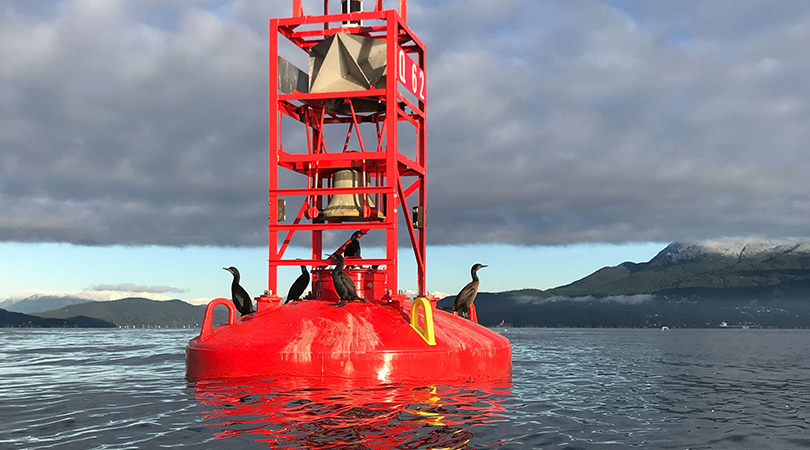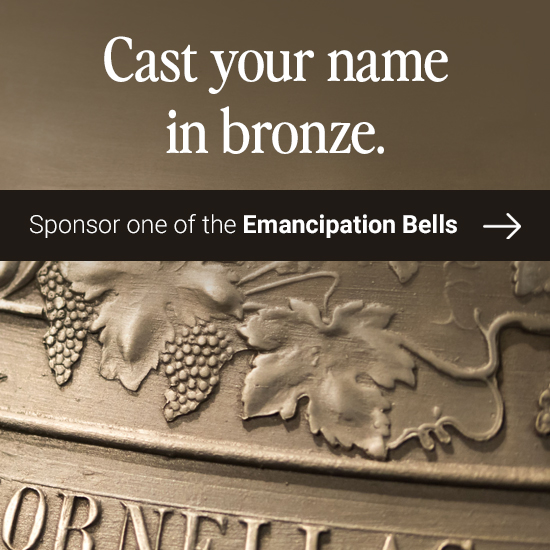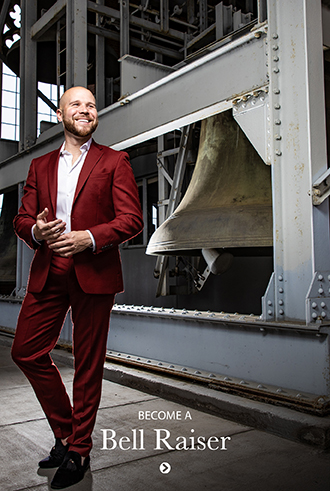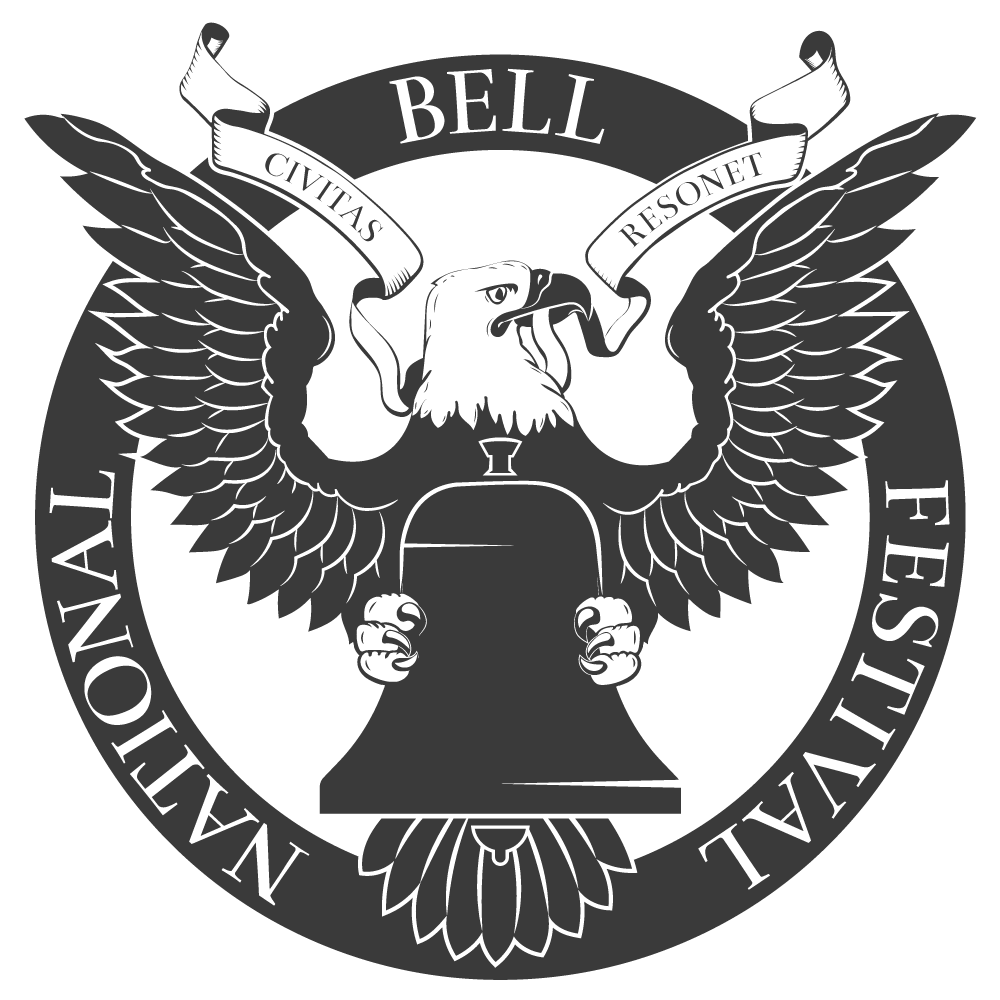In late 1896, Rudyard Kipling and his wife Carrie returned to England, having spent the last few years in blissful seclusion in Vermont. His output while in the Green Mountain State was both inventive and prolific. In four short years, he penned The Jungle Book along with a sizable collection of poetry and short stories. But of late, his mind was turning more political, and his thoughts on world affairs began to crystalize in his writings.
By Christmas, Kipling had published “The Bell Buoy” in a London weekly newspaper. The poem takes a critical look at man’s role in society, told through the penetrating vantage of a fog bell out at sea reflecting on his “brother,” an inland church bell. It is a rebuke of orthodoxy, of blind acquiescence, and the counterfeit safety of those who choose the easy, well-trodden path.
Instead, Kipling upholds as virtuous the more noble and honorable path of standing against prevailing forces, of mucking in, and maintaining a clear vision of the good and the right. Perhaps it was Kipling pining for his early days as a newspaperman – a commentator on public life. It was a profession he regarded as vital and serious work, one that exposes the hypocrisies and manipulations of established institutions. By juxtaposing the duties of two bells, Kipling challenges the reader to think, “Which side are you on?”

Image: Rudyard Kipling at his desk. Courtesy: Hulton Archive.
The Bell Buoy
Rudyard Kipling
They christened my brother of old—
And a saintly name he bears—
They gave him his place to hold
At the head of the belfry-stairs,
Where the minster-towers stand
And the breeding kestrels cry.
Would I change with my brother a league inland?
(Shoal! ’Ware shoal!) Not I!
In the flush of the hot June prime,
O’er sleek flood-tides afire,
I hear him hurry the chime
To the bidding of checked Desire;
Till the sweated ringers tire
And the wild bob-majors die.
Could I wait for my turn in the godly choir?
(Shoal! ’Ware shoal!) Not I!
When the smoking scud is blown—
When the greasy wind-rack lowers—
Apart and at peace and alone,
He counts the changeless hours.
He wars with darkling Powers
(I war with a darkling sea);
Would he stoop to my work in the gusty mirk?
(Shoal! ’Ware shoal!) Not he!
There was never a priest to pray,
There was never a hand to toll,
When they made me guard of the bay,
And moored me over the shoal.
I rock, I reel, and I roll—
My four great hammers ply—
Could I speak or be still at the Church’s will?
(Shoal! ’Ware shoal!) Not I!
The landward marks have failed,
The fog-bank glides unguessed,
The seaward lights are veiled,
The spent deep feigns her rest:
But my ear is laid to her breast,
I lift to the swell—I cry!
Could I wait in sloth on the Church’s oath?
(Shoal! ’Ware shoal!) Not I!
At the careless end of night
I thrill to the nearing screw;
I turn in the clearing light
And I call to the drowsy crew;
And the mud boils foul and blue
As the blind bow backs away.
Will they give me their thanks if they clear the banks?
(Shoal! ’Ware shoal!) Not they!
The beach-pools cake and skim,
The bursting spray-heads freeze,
I gather on crown and rim
The grey, grained ice of the seas,
Where, sheathed from bitt to trees,
The plunging colliers lie.
Would I barter my place for the Church’s grace?
(Shoal! ’Ware shoal!) Not I!
Through the blur of the whirling snow,
Or the black of the inky sleet,
The lanterns gather and grow,
And I look for the homeward fleet.
Rattle of block and sheet—
‘Ready about—stand by!’
Shall I ask them a fee ere they fetch the quay?
(Shoal! ’Ware shoal!) Not I!
I dip and I surge and I swing
In the rip of the racing tide,
By the gates of doom I sing,
On the horns of death I ride.
A ship-length overside,
Between the course and the sand,
Fretted and bound I bide
Peril whereof I cry.
Would I change with my brother a league inland?
(Shoal! ’Ware shoal!) Not I!
Cover image: Sea birds perch on a buoy bell as it bobs in the ocean, with the coastline of Vancouver, British Columbia, in the distance.



